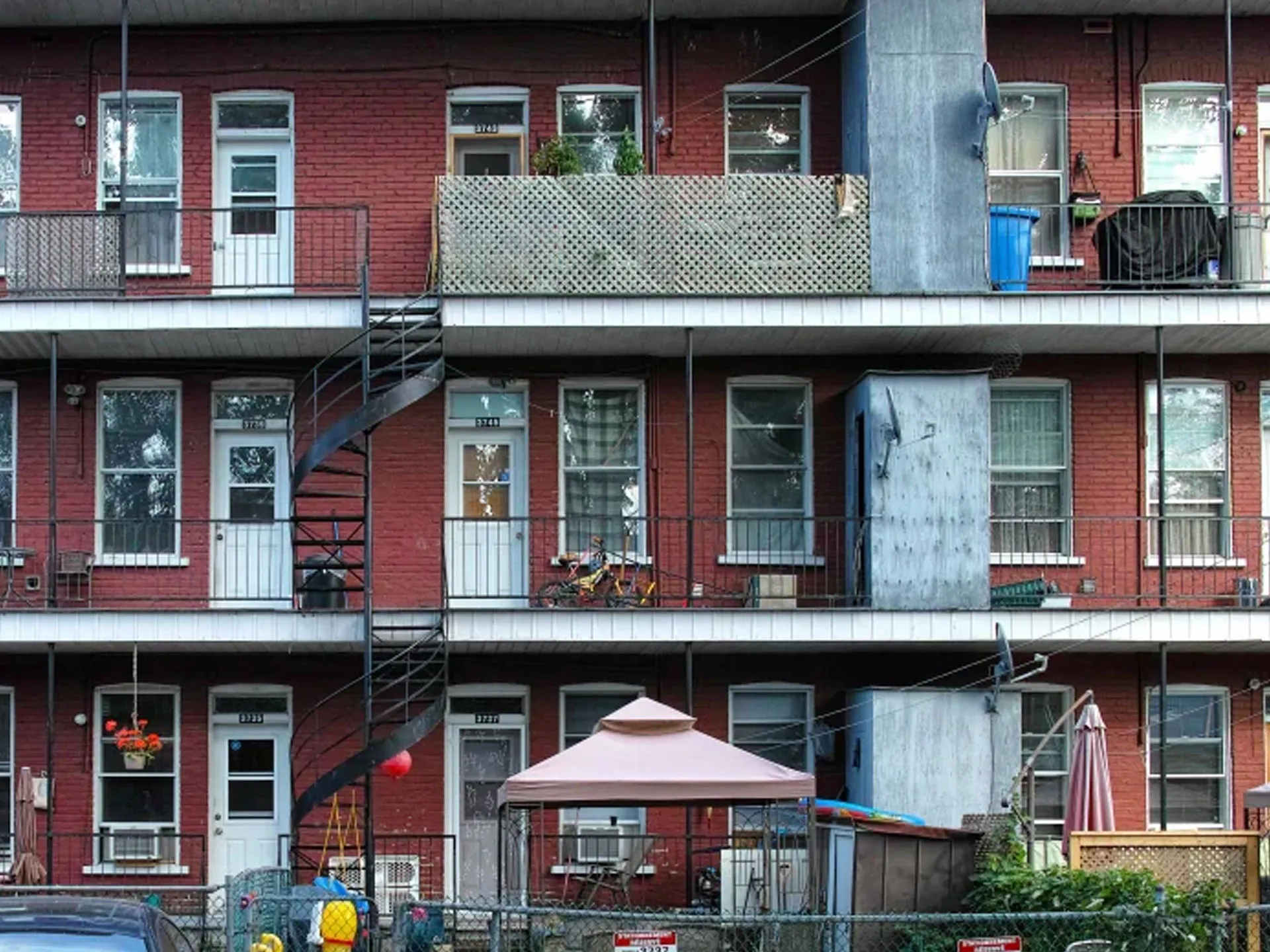
Prevention

It’s never too early to break the cycle of homelessness!
The old saying “An ounce of prevention is worth a pound of cure” describes this objective in full. Our prevention services aim above all to prevent people from experiencing homelessness, by reducing the risk factors that can lead to it. We would like to have a real impact on reducing the number of people who are homeless, or at risk of becoming so.
Programs and partners
Our Prevention service works with our Housing Support Services team and key partners to develop and maintain programs that help keep at-risk people from becoming homeless.
-
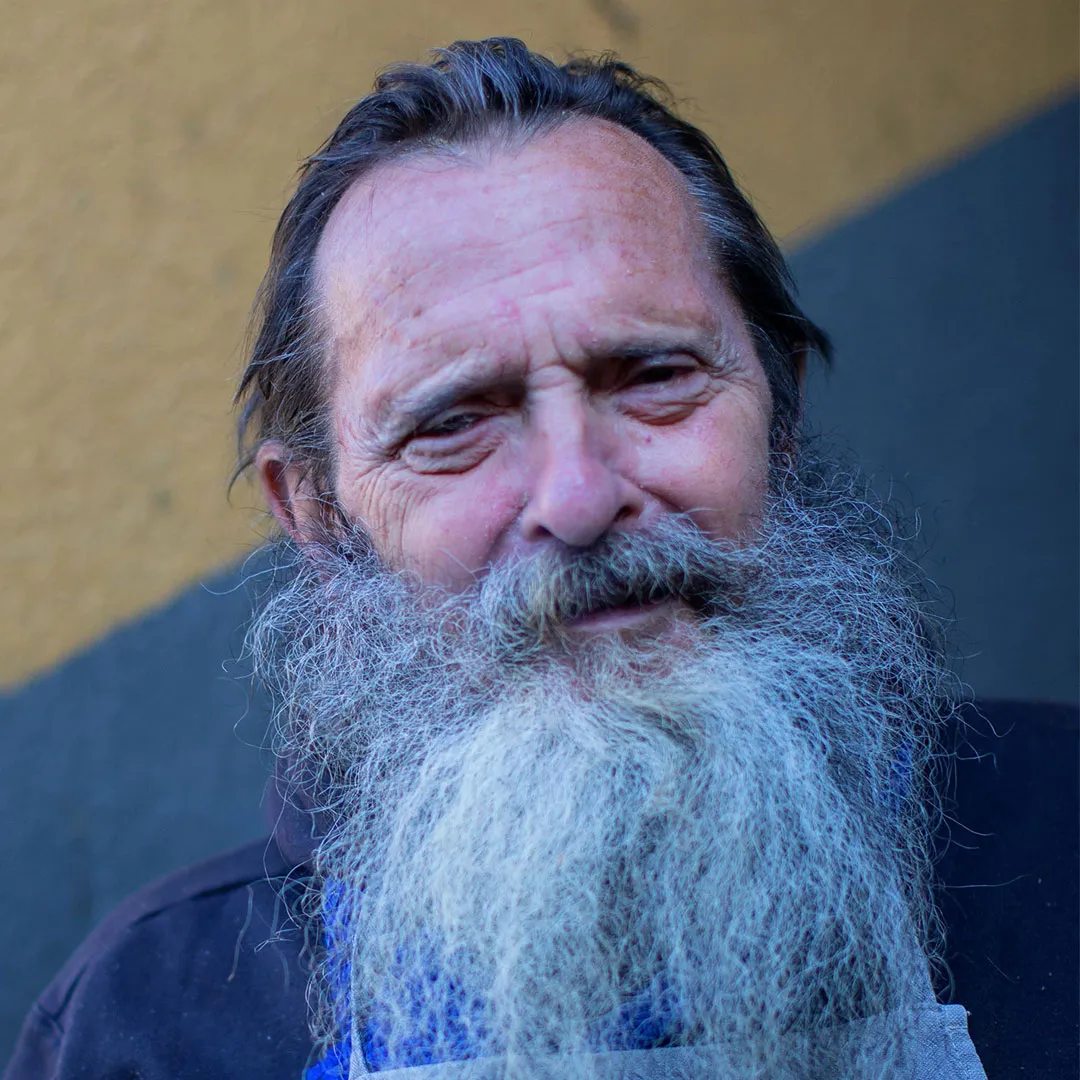 Program
ProgramAncrâge
Ancrâge is a prevention program designed to address the growing problem of homelessness among seniors.
-
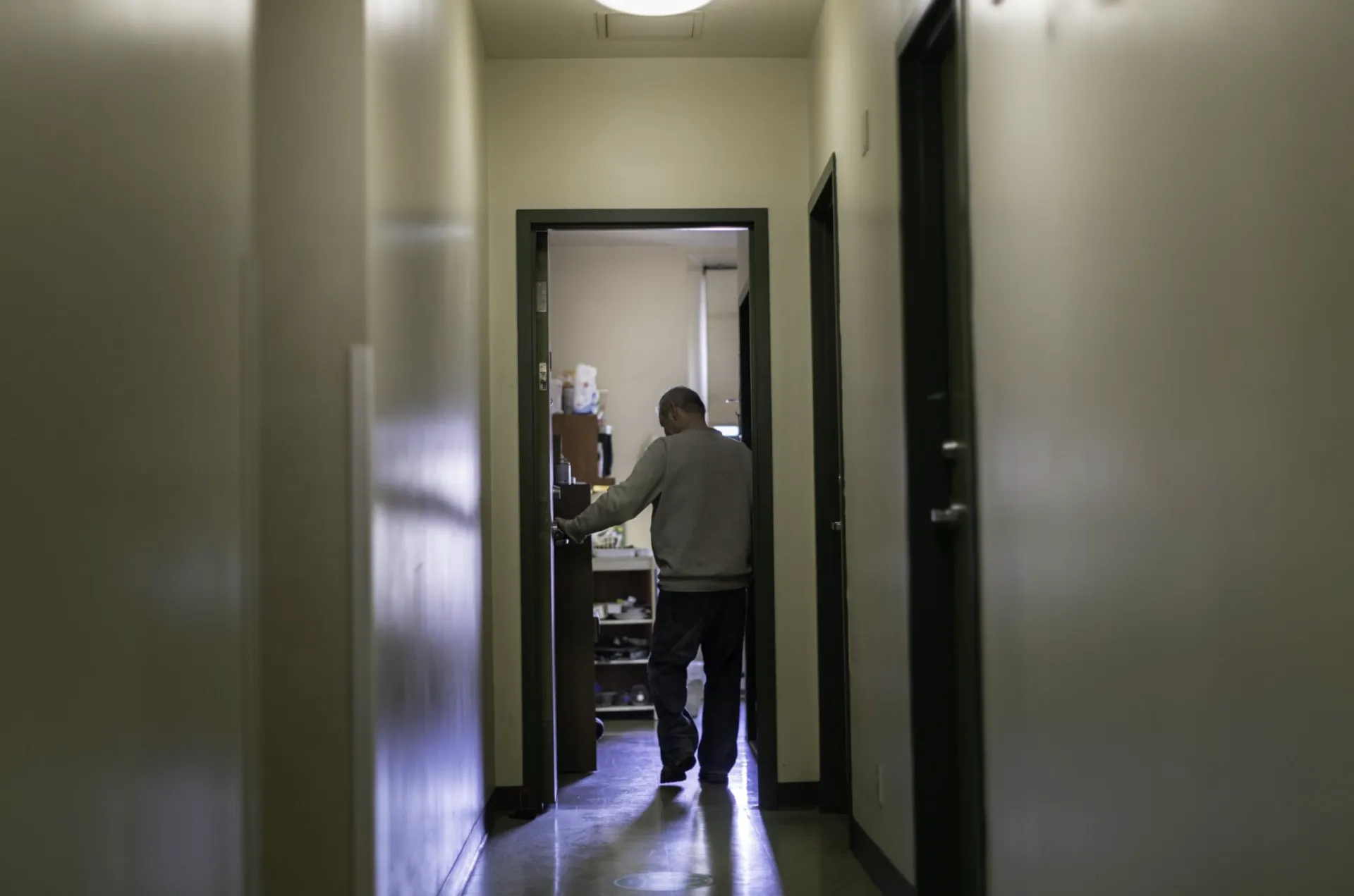 Program
ProgramAprès l'ombre
The Après l’ombre program supports people leaving prison, a population at high risk of homelessness.
-
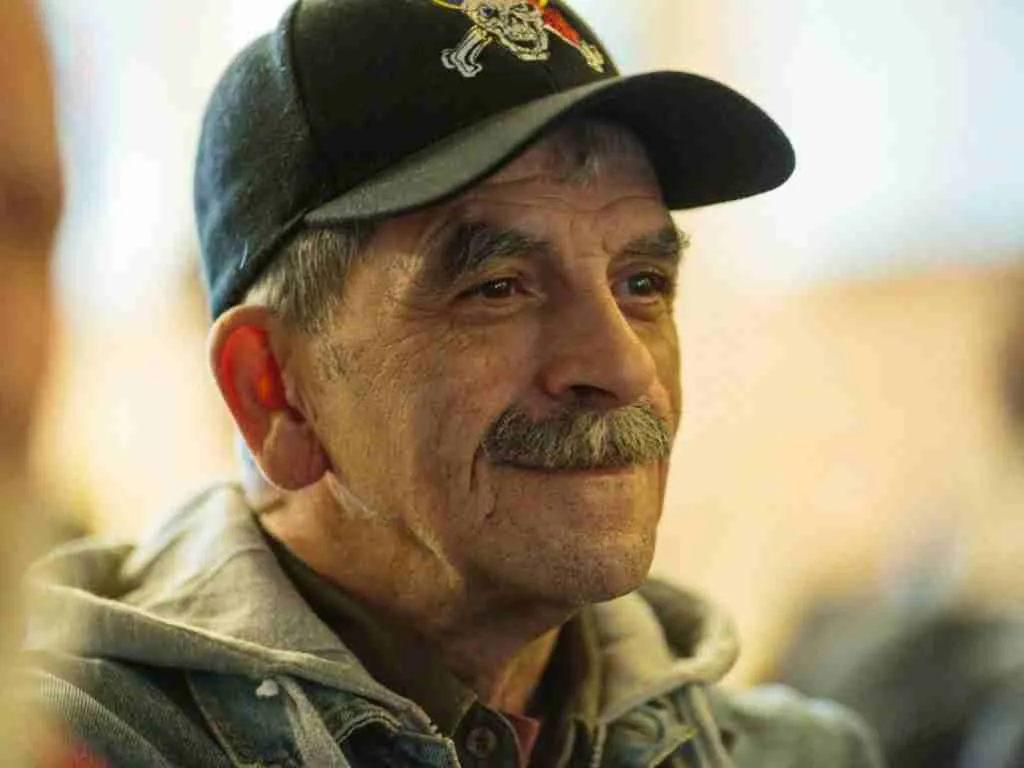 Partner
PartnerPRAIDA
We have partnered with the Regional Program for the Settlement and Integration of Asylum Seekers (PRAIDA) to help asylum-seekers find housing.
-
 Program
ProgramPasserelle
The Passerelle program targets households at imminent risk of homelessness identified by the Office municipal d’habitation de Montréal (OMHM) in order to keep them from becoming homeless.
-
 Program
ProgramPorte-clés
Our program, called "Keychain," was officially launched at the beginning of October 2023 in collaboration with the Office municipal d'habitation de Montréal (OMHM).
-
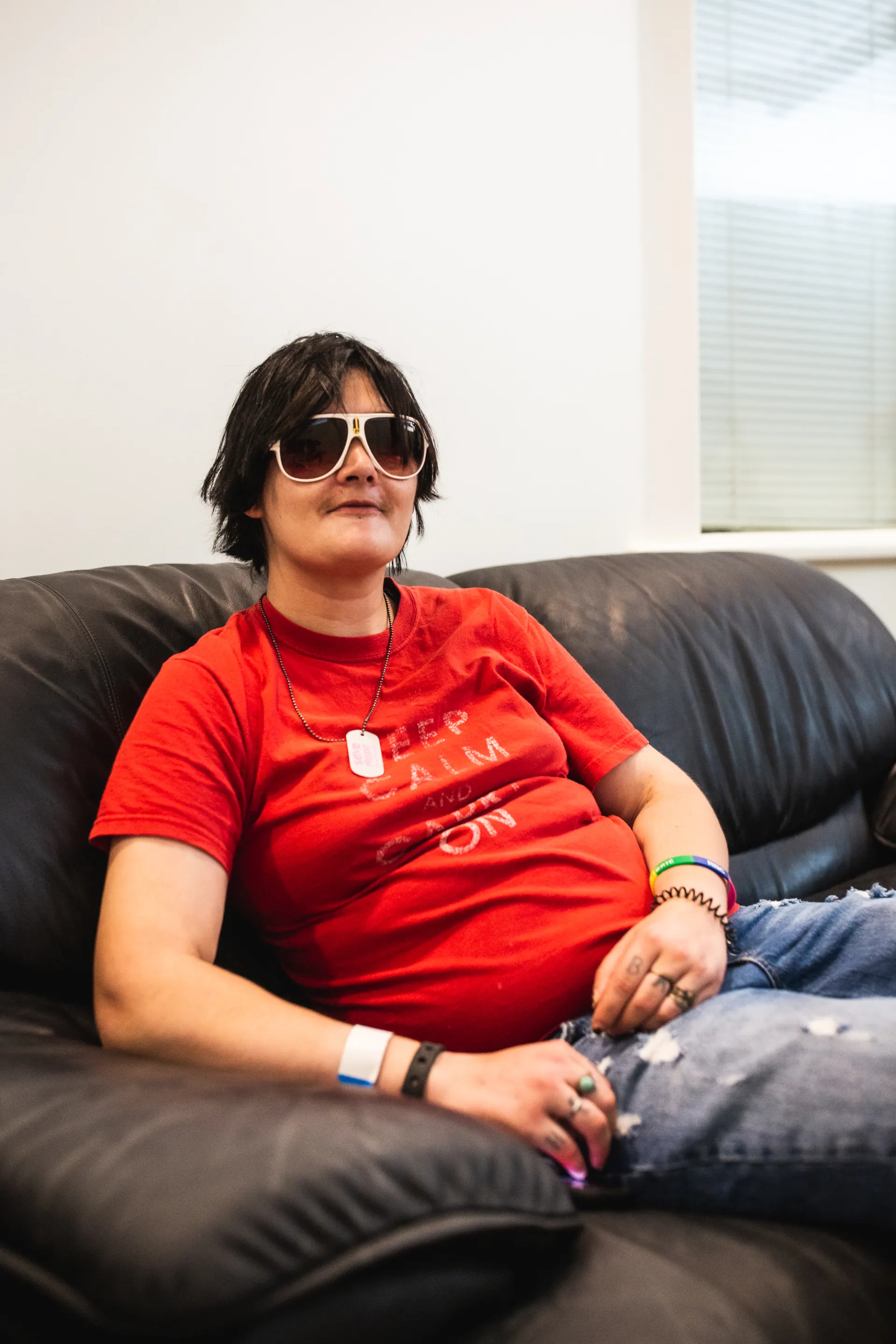 Partner
PartnerLI-BER-T House
Through our partnership with LI-BER-T House, we help women who have experienced addiction problems find permanent housing.
-
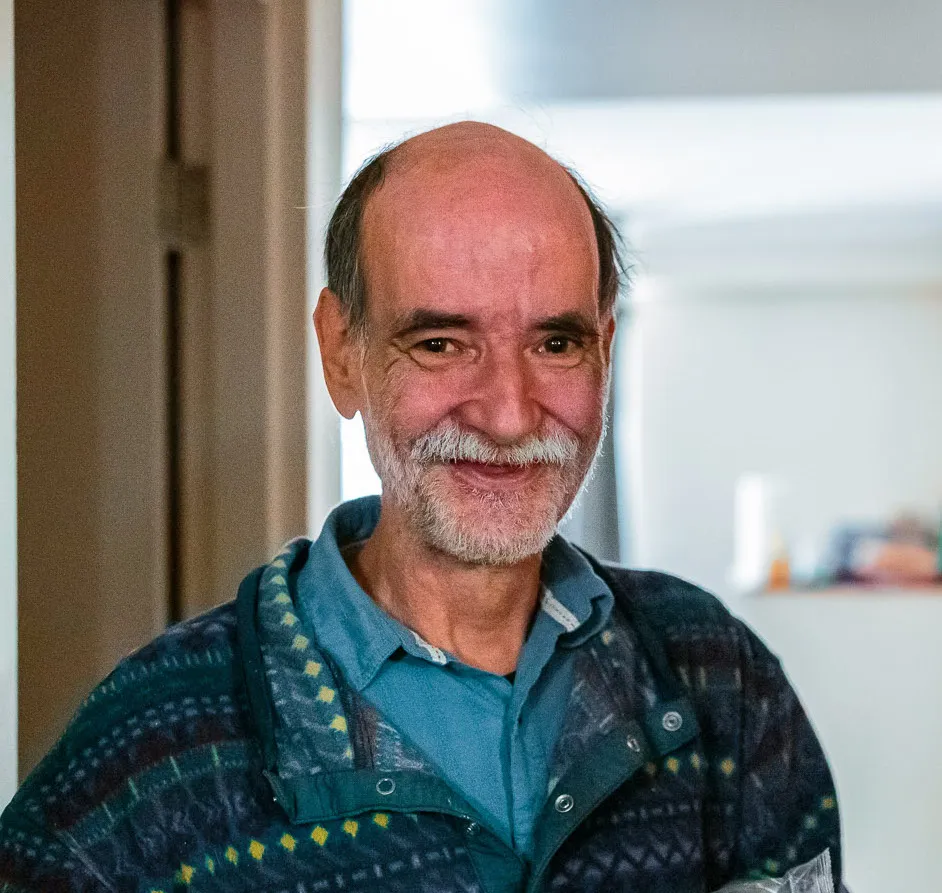 Partner
PartnerNazareth Community
Our collaboration with Nazareth Community increases the supply of adapted housing solutions for vulnerable clients with mental health and dependency problems to prevent them from becoming homeless.
-
 Partner
PartnerLogis Rose Virginie
This partnership aims to prevent homelessness among young women aged 18-24 who are at high risk through Logis Rose Virginie’s housing options.
-
 Partner
PartnerMaison du Père
Our reciprocal agreement with Maison du Père makes it possible to find the best option for every person who knocks on our door.
-
 Partner
PartnerSidalys
Our partnership with Sidalys, in collaboration with our prevention services, enables us to identify and re-house people at risk of homelessness or living in precarious housing conditions.
Ancrâge

Ancrâge is a prevention program designed to address the growing problem of homelessness among seniors.
The Ancrâge team will serve primarily as a liaison to find housing solutions for the seniors assisted by the program. The Mission already has several partners specifically for this population in its detection and rehousing networks, and it is always on the lookout for potential partner organizations to deliver the most comprehensive services possible.
Après l'ombre

The Après l’ombre program supports people leaving prison, a population at high risk of homelessness.
Working with our partners, the Elizabeth Fry Society of Quebec, the YMCAs of Quebec and the John Howard Society, our prevention team identifies people eligible for the program and helps them find housing.
PRAIDA

We have partnered with the Regional Program for the Settlement and Integration of Asylum Seekers (PRAIDA) to help asylum-seekers find housing.
PRAIDA is a program of the CIUSSS du Centre-Ouest-de-l’île-de-Montréal designed to facilitate the integration of people in precarious immigration situations.
The Old Brewery Mission is the only partner from the homelessness sector. Its role is to support asylum-seekers and refugees in their search for housing, which can be complicated by the obstacles created by their irregular status.
Passerelle

The Passerelle program targets households at imminent risk of homelessness identified by the Office municipal d’habitation de Montréal (OMHM) in order to keep them from becoming homeless.
Passerelle is a collaboration with the OMHM’s referral service. The Old Brewery Mission’s prevention service offers households at risk of homelessness ad hoc, personalized, temporary psychosocial and other support.
Porte-clés

Our program, called "Keychain," was officially launched at the beginning of October 2023 in collaboration with the Office municipal d'habitation de Montréal (OMHM).
Its main objective is to anticipate and prevent homelessness by proactively identifying low-income housing tenants at imminent risk of homelessness. This initiative aims to implement specific measures to keep these individuals housed and prevent them from becoming homeless.
LI-BER-T House

Through our partnership with LI-BER-T House, we help women who have experienced addiction problems find permanent housing.
LI-BER-T House provides safe housing solutions and support for women leaving an addiction treatment centre. The Old Brewery Mission receives referrals from LI-BER-T House and helps these women find permanent housing when they are ready.
Nazareth Community

Our collaboration with Nazareth Community increases the supply of adapted housing solutions for vulnerable clients with mental health and dependency problems to prevent them from becoming homeless.
Nazareth Community provides housing and support for people experiencing mental health, homelessness, trauma and/or substance abuse issues. It is another housing option for people supported by the Old Brewery Mission’s prevention service.
Logis Rose Virginie

This partnership aims to prevent homelessness among young women aged 18-24 who are at high risk through Logis Rose Virginie’s housing options.
Logis Rose Virginie is an organization that supports women in precarious situations and keeps them from ending up on the street. It provides another housing option for vulnerable young women supported by the Old Brewery Mission’s prevention service.
Maison du Père

Our reciprocal agreement with Maison du Père makes it possible to find the best option for every person who knocks on our door.
Maison du Père is a Montreal homelessness organization. As we both provide prevention services, our reciprocal agreement enables us to offer people at risk of homelessness who use our services the best possible housing solution.
Sidalys

Our partnership with Sidalys, in collaboration with our prevention services, enables us to identify and re-house people at risk of homelessness or living in precarious housing conditions.
Sidalys is a not-for-profit organization offering supervised accommodation and community support in social housing to people who are homeless or at risk of homelessness, affected by sexually transmitted and blood-borne infections such as HIV and hepatitis C, and confronted with problems of substance abuse, mental health or stigmatization. It offers short-, medium- and long-term housing, as well as intervention services.
Prevention by the numbers
During 2023-2024, our Prevention Service received four times as many requests for support for people at imminent risk of homelessness as in the previous year.
-
382
requests for assistance
-
155
people found housing
-
64
days on average to find a housing solution
I never would have thought I’d find myself in this situation, having never been in a shelter or on the street, but a few bad choices can change everything... Finding your service has been a great gift.


The Québec Homelessness Prevention Policy Collaborative (Q-HPPC) is a joint partnership between the McGill Department of Equity, Ethics, and Policy (DEEP) and the Old Brewery Mission (OBM). Founded in 2021, the Q-HPPC is a cross-sectoral policy collaborative focused on homelessness prevention.
The Q-HPPC brings together members from academic institutions, community groups and the public sector to consider options and develop evidence-based recommendations for tangibly advancing policy reform in support of homelessness prevention in Québec. The Q-HPPC promotes an intersectoral model and works to elevate homelessness prevention as a critical policy concern. The Collaborative, led equally by university researchers and community leaders, is made up of distinct working groups who focus on provincial policy intervention for homelessness prevention. This collaborative model mobilizes knowledge across sectors to create a cohesive vision of prevention that addresses many of the pathways into homelessness.

Ending homelessness in Canada
Edited by James Hughes, President and CEO of the Old Brewery Mission, this book brings together the thoughts and experiences of leading researchers and influential community figures, all deeply committed to the cause of homelessness. Through personal accounts and analysis, the authors highlight the concrete actions they are taking and propose innovative approaches to tackling this complex crisis.
This book offers a rich and diverse panorama of housing, social reaffiliation and social justice initiatives, paving the way for bold and inspiring solutions to build a more inclusive future and prevent homelessness at its source.
Currently available in bookshops in English only.
